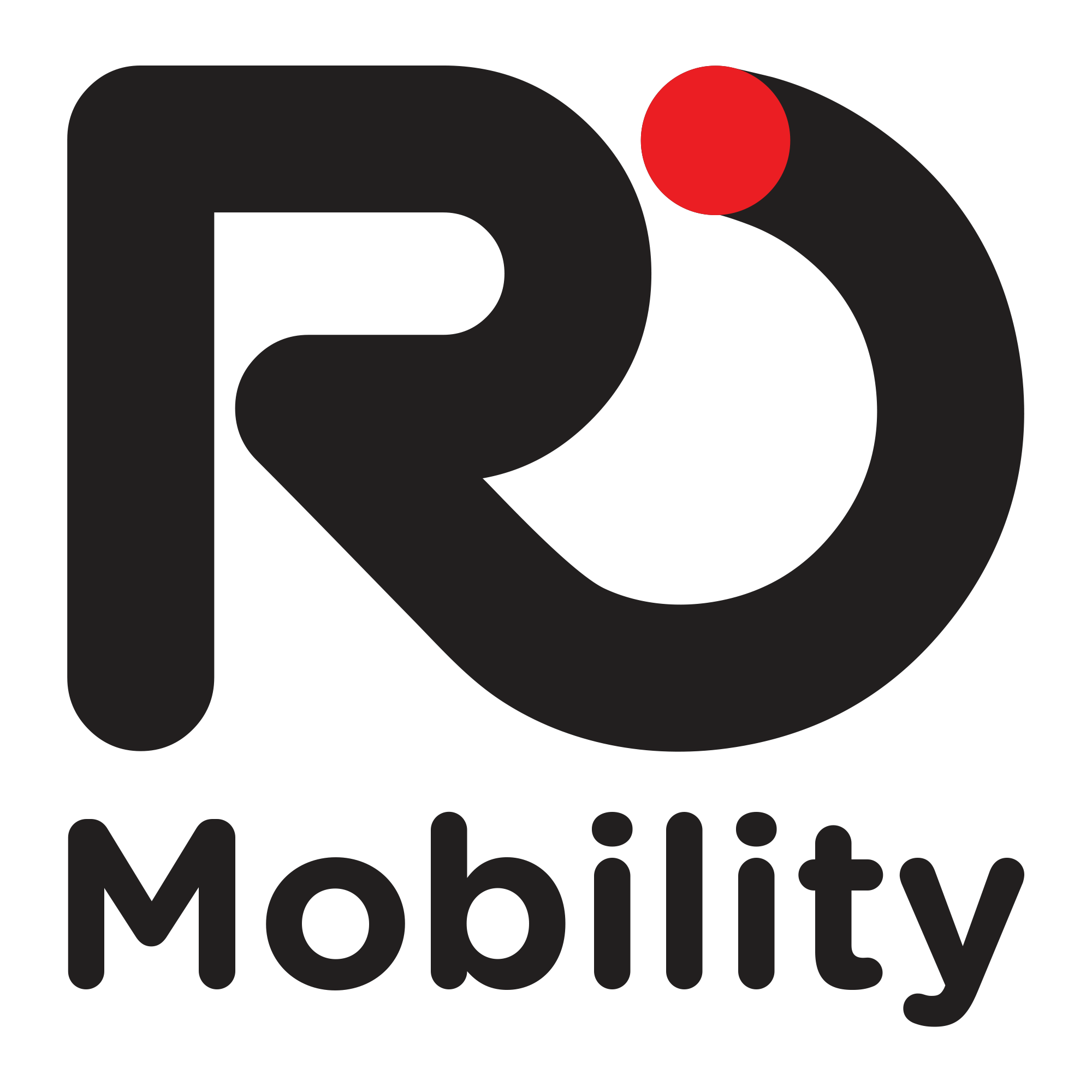Ro Mobility seeks an innovator for a planning use-case in open call #2 for innovators. We spoke with them to learn more about this opportunity.
Please briefly introduce yourself
Mobility in our current society has been consistently dependent on a technology, built centuries ago. Here at Ro Mobility, we are building edge intelligence devices that integrate to indoor vehicles, transforming them to safer and more efficient mobility services with digitalization and autonomy. Our modular approach empowers flexibility and expandability: from collision avoidance and inherently safe teleoperation to full autonomy in defined environments.
For what specific problem are you seeking a solution?
For large complexes such as airports, indoor mobility services are becoming more important as walking distances – one of the most important indexes for service quality – are getting longer in some cases even reaching more than half an hour. For example in Istanbul Airport, a fleet of generally same-type of equipment (i.e., buggies) can serve individuals and/or families with luggage, while e-scooters can be booked for personal and light transportation. Moreover, it is possible for individuals with special needs to request electrical wheelchairs with an attendant.
However, current transportation operations rely on manual planning and are managed by several driving personnel and experts directing the drivers to multiple different destinations and users, with no connectivity between different modes of transportation options. Planning which is currently performed manually through a coordinator can be automated with observable improvements in efficiency, sustainability and availability. As it is mostly not possible to minimize the distances to be covered, a safer, effective and commonly used mobility service is crucial to increase service quality and use of these enablers.
What would you like to realize with your partner from open call #2 for innovators?
Indoor person transportation in large complexes like airports is still not automated due to the complexity of vehicle types, destination requests, dynamic timetables and real-time continuous alterations. Powered by the unified planning framework and introduced digitization, we aim to implement an Uber-like capability for electric-powered mobility services that is tightly integrated into airport operations.
In a sample use-case, passengers would be able to book buggy services during ticket purchase and/or from airplanes while these requests are aggregated into the automatic planning framework (unified-planning framework from this project) which would then determine the number of vehicles, the optimized route and wait times at each terminal, considering any additional temporal constraints as well as the charging intervals of vehicles. We expect to realize quantitative improvements in user/customer experience, battery consumption and overall mobility operation costs and utilization.
In order to make this experience as frictionless as possible for the users, flight and passenger data including timetables and destinations are to be accessed from the airport operations and to be connected to the layout of the environment. With an incremental design approach, user-interfaces with different fidelity can be provided for the integrated buggy booking system and providing driver instructions. Moreover, tunable metrics such as maximum wait times for each passenger and maximum stops at each ride would help operators to optimize between sustainability versus user experience based on their brand image.

